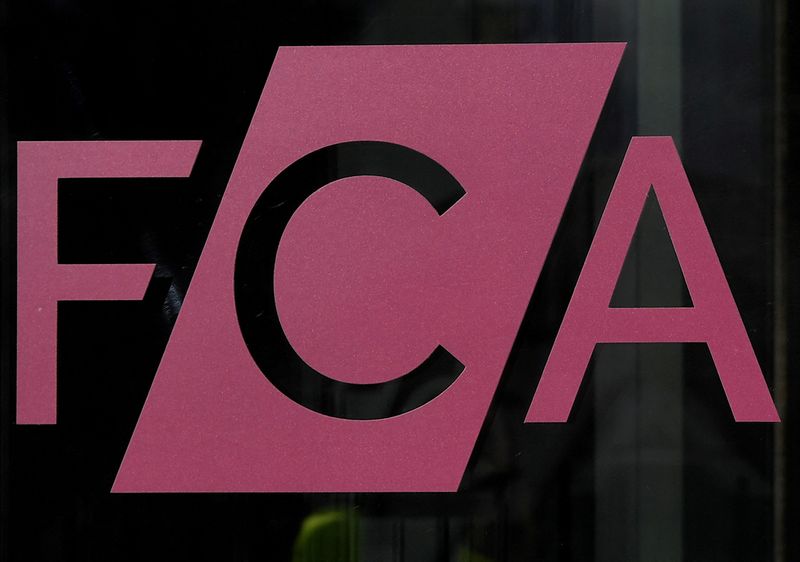Gold prices set for weekly gains on dovish Fed outlook; silver near record high
By Huw Jones
LONDON (Reuters) - Nearly everyone in Britain will remain within three miles (4.8 km) of a cash machine that does not charge fees despite the dwindling use of notes and coins, the finance ministry said on Thursday.
Banks and building societies will be given "minimum expectations" to protect services for people and businesses wanting to withdraw or deposit cash and could be fined if they are not met, the ministry said.
Cash as a percentage of all payments has fallen from 62% in 2006 to just 15% in 2021, and is forecast to fall to 6% by 2031, as the COVID-19 pandemic accelerated use of cards and smartphones for contactless payments, UK Finance's payment markets report said.
Britain's preparations for a potential digital pound has also raised fears of cash being further sidelined.
While notes and coins are still second to cards, which account for 57% of transactions, people living in rural areas worry that as banks shut branches due to more people banking online, they would have to rely on cash machines that charge a fee for each withdrawal.
"Whilst the growing choice and convenience of digital payments is great, cash has an important and continuing role to play," Britain's financial services minister Andrew Griffith said in a statement.
Under Britain's newly approved financial services and markets act, the Financial Conduct Authority has been given powers to protect cash access without any fees for those with a bank account, the ministry said.
If banks withdraw a service and a replacement service is needed, it should be put in place before the closure takes place, the ministry said.
"These are measures which benefit everyone who uses cash but particularly those living in rural areas, the elderly and those with disabilities," Griffith said.
The FCA said in May that 97.5% of people living in urban areas can access cash deposit and withdrawal services within a mile, but for rural areas this falls to 72.6%, and rises to 98.5% within three miles (4.8 km).
The FCA should use its powers to maintain this level of coverage, while recognising that needs may differ by location and change over time, the ministry said.
